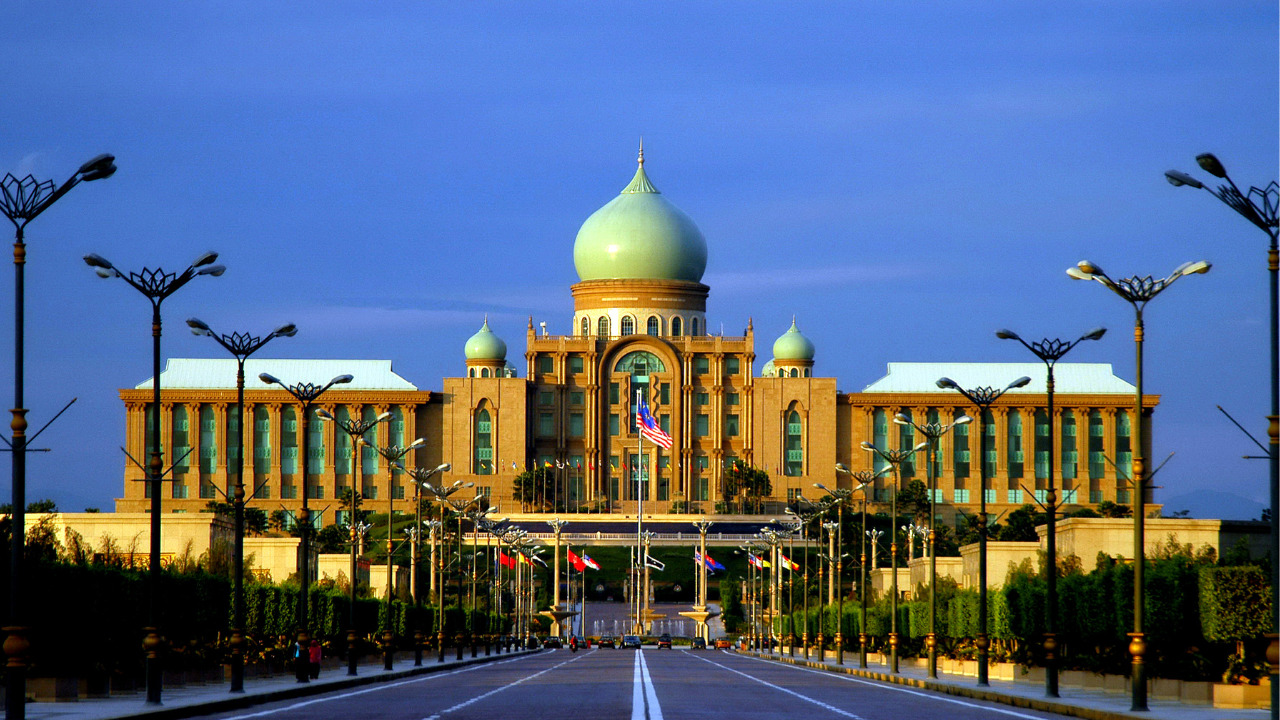Date first published: 24/11/2022
Key sectors: all
Key risks: political instability; policy continuity; economic risks
Risk development
Long-time opposition leader Anwar Ibrahim was sworn in as Prime Minister on 24 November ending a five-day political impasse that followed the 19 November general election which delivered Malaysia’s first ever hung parliament. Both Anwar and former prime minister Muhyiddin Yassin claimed to have the necessary 112-seat support to form a government but King Abdullah Ahmad Shah ultimately appointed Anwar after a series of consultations with federal stakeholders including the Council of Rulers and opposition lawmakers. Anwar’s ascent to the premiership ends a 24-year wait for the former deputy prime minister who remained steadfast through two stints in jail and decades of political wrangling.
Why it matters
Anwar Ibrahim’s Alliance of Hope (PH) multi-ethnic coalition fought against two Malay-centric coalitions in former prime minister Ismail Sabri Yaakob’s National Front (BN) and former prime minister Muhyiddin Yassin’s National Alliance (PN). The BN coalition suffered its worst electoral defeat after Muhyiddin led his bloc to a strong showing in traditional BN strongholds. PN was able to erode BN’s dominance and disrupt the country’s two-party bloc system by capitalising on voter frustration over the economy and allegations of rampant corruption by senior BN politicians – highlighted by the 1MDB scandal and outstanding corruption charges against United Malays National Organisation (UMNO) party president Ahmad Zahid Hamidi. An alternative Malay-led bloc also provided conservative Malay-Muslim voters some relief from their anxieties and perceived loss of privileges under a possible PH government. Despite its record loss, as kingmaker, BN ultimately gave its support to Anwar following the King’s call for a unity government.
Background
The election was supposed to bring an end to the political uncertainty that has plagued Malaysia since the collapse the previous PH government, just 22 months after it unseated the scandal-ridden UMNO-led BN coalition at the historic 2018 general elections. BN had previously governed Malaysia uninterrupted since its independence sixty years prior. However, in February 2020, the PH government fractured and collapsed amidst infighting over former prime minister Mahathir Mohammad’s reluctance to hand over power to Anwar. Since then, the country has seen three prime ministers in as many years including BN’s return to power under Ismail.
Risk outlook
Despite Anwar’s stunning comeback, the inconclusive election results have ensured that Malaysia will continue to have an inherently precarious political reality. An anti-hopping law that came into effect in October is expected to somewhat stabilise the political landscape but it remains to be seen whether it is enough to hold such narrow parliamentary margins. Muhyiddin’s continued insistence that he commanded enough support to form government is also likely to hang over Anwar’s premiership like a Sword of Damocles. If the past four years of Malaysian politics is any indication, Anwar is expected to face an uphill battle to implement his reform agenda, but his main priority in the near term will have to be to increase his government’s chances of survival.

